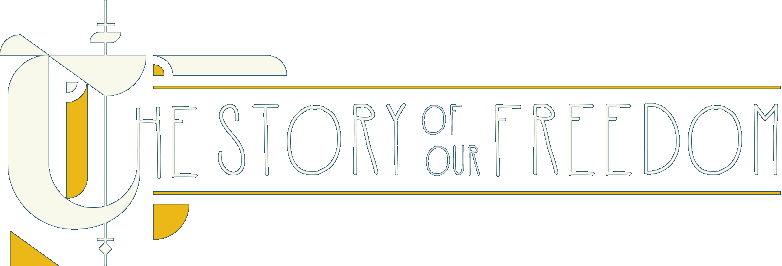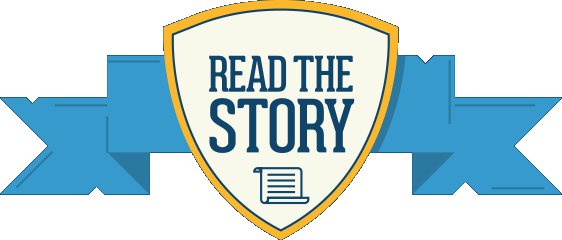Magna Carta Video Script
It’s an 800 year old document written on the other side of the world in England on dried animal skin, in a language we no longer use, that most people couldn’t read even back then.
So why is Magna Carta important to us in Australia today?
Because it was the starting point for some of our most important human rights - things it’s easy to take for granted.
For instance:
Before Magna Carta, life was pretty easy - if you were a King.
You could get away with all kinds of things.
Forming your own armies,
Invading other countries whenever you fancied,
And taxing people to pay for wars without even asking.
Now there were laws in those days, but some rulers believed they had absolute power and simply ignored them.
That changed in 1215, when a group of land-owning barons finally had enough of King John’s behaviour.
They decided the King governed by their consent, not just because he was King.
So they got together and forced the King to agree to limit his powers by signing Magna Carta. It was the beginning of fairer rights for the people.
The King also agreed he couldn’t just add new taxes. Free men had to be represented by a common counsel to be taxed, which started the evolution of democracy.
It also meant the King was no longer top dog, because above him now was The Law.
Or at least that was the idea. Kings and Queens had a lot of trouble getting used to not being in charge.
But over the next few hundred years people power - in the form of Parliament – grew to be much stronger.
In its Bill of Rights of 1689, the English Parliament formally decided it was the job of government to represent the people and protect their rights. These ideas came to Australia in English law.
We know today if someone is accused of a crime, they have the right to a fair trial and they must be proven guilty before they can be punished.
Before Magna Carta, justice wasn’t always applied fairly. Remember old King John? He was pretty good at filling up the prisons.
But under Magna Carta, it was no longer up to him to decide whether someone had done wrong. It said:
No free man shall be seized or imprisoned...except by the lawful judgement of his equals or by the law of the land.
Now you had to have a reason to lock someone up, and later people decided you also had a right to argue your case in front of a court.
But in 1215 ‘no free man’ didn’t mean everyone, because in those days most people weren’t free – they were poor peasants who served lords.
It took ‘til the 16, 17 and 1800s before all men were ‘free’ in Western countries. Women waited until around 1900.
In 1948, after the atrocities of World War 2, the nations of the world created the Universal Declaration of Human Rights. For the first time the whole world recognised that everyone – it didn’t matter who you were - had the right to enjoy “freedom of speech”, “freedom of religion” and “freedom from fear and want”. It has been described as the “International Magna Carta for all mankind”.
This is a quote from Eleanor Roosevelt.
So, this faded old piece of animal skin has played a big part in shaping the democratic society we have in Australia today.
But many people around the world are still denied their rights and freedoms. This reminds us human rights shouldn’t be taken for granted.
And until they are, the long story of human rights and freedoms that began with Magna Carta will continue.


